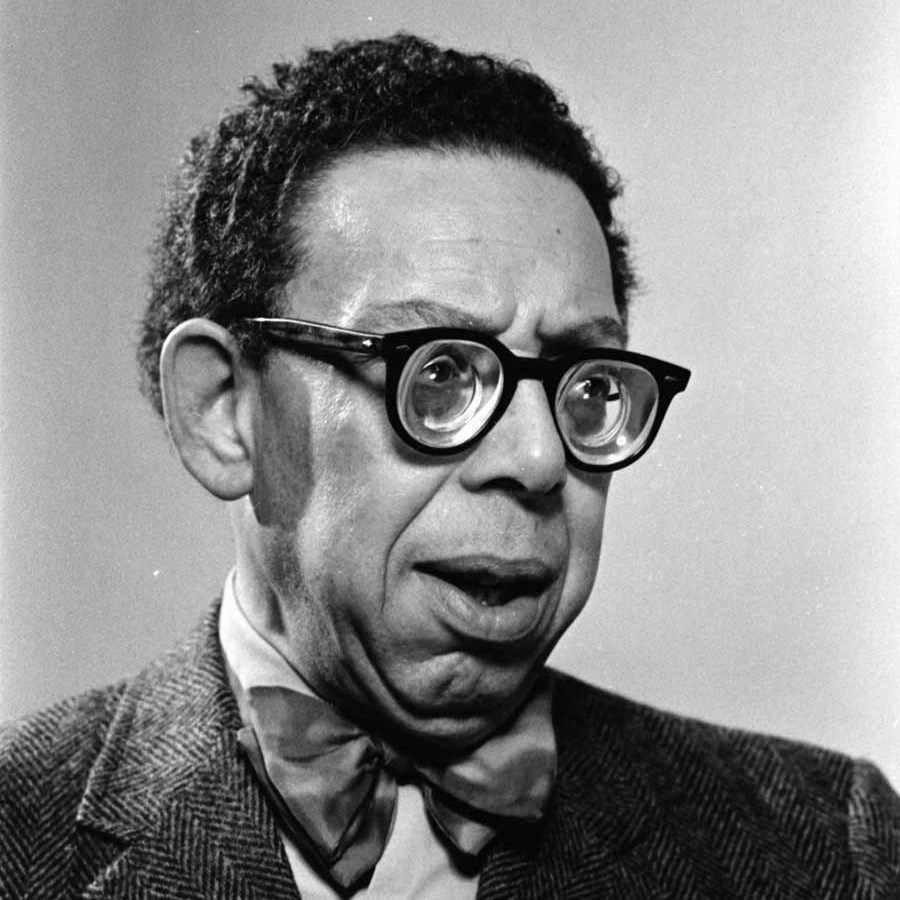Sundays too my father got up early
and put his clothes on in the blueblack cold,
then with cracked hands that ached
from labor in the weekday weather made
banked fires blaze. No one ever thanked him.
I’d wake and hear the cold splintering, breaking.
When the rooms were warm, he’d call,
and slowly I would rise and dress,
fearing the chronic angers of that house,
Speaking indifferently to him,
who had driven out the cold
and polished my good shoes as well.
What did I know, what did I know
of love’s austere and lonely offices?
Published:
1966
Length:
Regular
Literary Movements:
Black Arts Movement
Anthology Years:
2019
2021
2023
2024
Themes:
Family
Literary Devices:
Alliteration
the repetition of the same letter or sound at the beginning of words appearing in succession
Portmanteau
joining two or more words to create a new word
Repetition
a recurrence of the same word or phrase two or more times
Sensory Detail
words used to invoke the five senses (vision, hearing, taste, touch, smell)

